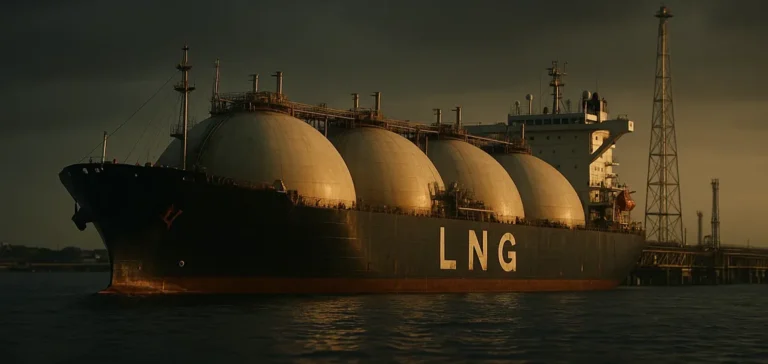The announcement of US tariffs of 25% plus penalty against India has triggered an accelerated reorganisation of regional trade chains. Indian authorities immediately intensified discussions with the European Union, the United Kingdom and Canada to finalise pending trade agreements. This strategic shift comes as bilateral Indo-US trade reached $129bn in 2024. Indian negotiators are actively exploring circumvention mechanisms through third-party platforms in Dubai, Singapore and Hong Kong.
Immediate opportunities for regional competitors
Vietnam is positioning itself as the main potential beneficiary of this reconfiguration. Vietnamese exporters of textiles and electronics are already preparing to expand capacity to capture US orders. Bangladesh anticipates a 15 to 20% increase in its textile exports to the United States within the next six months, according to estimates by the Bangladesh Garment Manufacturers and Exporters Association. Indonesia is strengthening its capabilities in the pharmaceutical and chemical sectors to serve as an alternative base.
Trade data reveals these countries have preferential agreements or special status with the United States, enabling them to offer competitive alternatives. The cost of rerouting via these hubs would add around 3 to 5% to final prices, substantially less than the direct tariff impact. Port infrastructure in Singapore and Dubai is already seeing increased transshipment capacity requests from Indian firms.
Impact on Quad security architecture
The geopolitical dimension of the tariffs complicates cooperation within the Quadrilateral Security Dialogue, which brings together the United States, India, Japan and Australia. This informal alliance, aimed at countering Chinese influence in the Indo-Pacific, is facing growing internal tensions. Japanese and Australian officials are privately expressing concerns about the impact of these trade measures on the group’s strategic cohesion.
India is maintaining its position of commercial non-alignment while participating in Quad security initiatives. Joint naval exercises scheduled for September 2025 remain on track, but discussions on integrating critical supply chains are experiencing a notable slowdown. Tokyo and Canberra are stepping up diplomatic efforts to mediate between Washington and New Delhi.
Accelerated realignment of pharmaceutical chains
The pharmaceutical sector illustrates the speed of ongoing adjustments. Indian generic drug manufacturers are establishing joint ventures in Vietnam and Thailand to maintain access to the US market. Sun Pharmaceutical, Dr. Reddy’s Laboratories and Cipla are exploring offshore production options while retaining their research centres in India. This “China Plus One” strategy, initially adopted to reduce Chinese dependence, is now extending to an “India Plus One” approach.
US pharmaceutical regulators face a dilemma: maintaining quality standards while diversifying supply sources. The Food and Drug Administration has indicated it will accelerate inspections and approvals for new facilities in third countries. The typical 18- to 24-month approval timeline for new production units could be reduced to 12 months under an emergency programme.
12-month economic projections
Economic models suggest a significant redistribution of trade flows by mid-2026. Direct Indian exports to the United States could fall by 20 to 30% in value, partially offset by increased re-exports through third countries. The total cost for the US economy, including logistical inefficiencies and rerouting surcharges, could reach $8bn to $10bn annually.
Multilateral negotiations at the World Trade Organization will become increasingly important as India seeks to challenge the legality of US measures. The European Union is closely watching these developments, given its own interest in maintaining a rules-based multilateral trading system. The upcoming WTO ministerial meeting in November 2025 could become a crucial forum to address these rising trade tensions. Companies on both sides are adjusting their strategies to navigate this new environment characterised by greater fragmentation of global value chains.






















